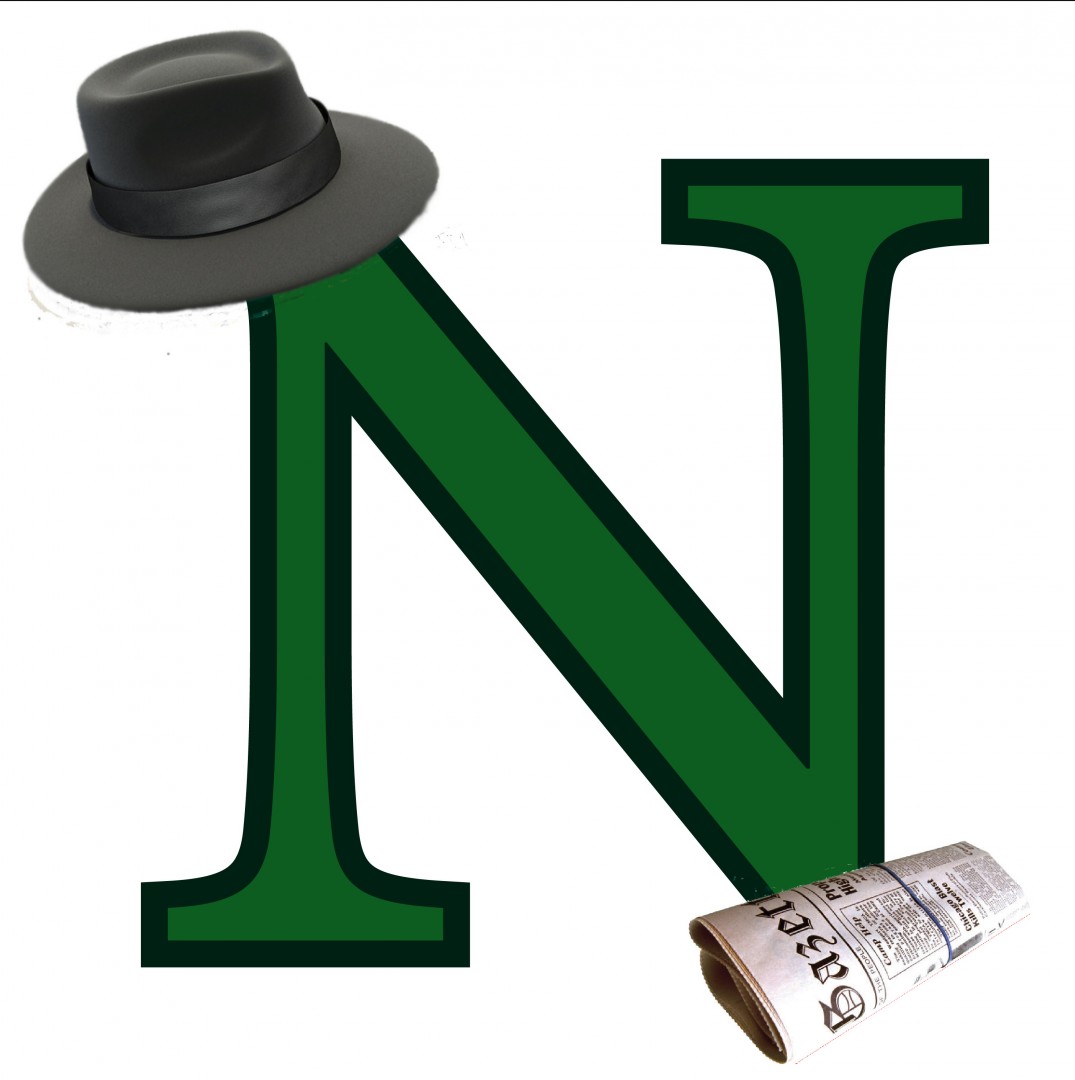Denver Dining by Sodexo will begin tracking its food purchases and determine ways to increase the amount bought through local and sustainable markets in response to a recently initiated national Sodexo company partnership with Real Food Challenge, according to Resident District Manager of Sodexo Ira Simon.
The Real Food Challenge is a national student-initiated campaign to encourage school dining services to buy more local and sustainable products; it “challenges” participating schools to have 20 percent “real” food by the year 2020. “Real” food is classified as fitting into at least one of the four elements of local, organic, fair trade and humane.
“When you look at what we have committed as a company and what the Real Food Challenge is all about, it’s a perfect partnership,” said Simon.
According to an informational release by Real Food Challenge, ten campuses nationwide have signed an agreement to participate in the challenge.
In order to evaluate Sodexo’s food purchases, Campus Sustainability Coordinator Chad King will assist a team of students in going through Sodexo’s invoices to determine the amount of food purchased that can be considered “real” food.
The group, most of which come from a campus writing class, will work through several months of invoices and identify products purchased by Sodexo that currently fall into the category of “real food.”
King is also working under the classification system of the Association for the Advancement of Sustainability in Higher Education (AASHE), which offers a “Sustainability Tracking, Assessment and Ratings System” (STARS) to assess campus sustainability. DU has been reporting sustainability numbers through this program for two years, though not at the depth required for the Real Food Challenge, which requires line-by-line invoice analysis.
“Our goal really is to get a good snapshot of where we are right now and be as transparent as possible with the whole community,” said King. The results of each month tracked and longer will be released for interested students and faculty.
King said the students will evaluate food purchases and the percentage of “real food” by looking over the invoices of four representative months from throughout the year. He hopes to have a full in-depth report on the status of sustainability and “real food” purchased by Sodexo prepared by the start of the 2013-2014 academic year.
Simon said the challenge will be made even more difficult by DU’s location.
“In Colorado the growing season ends in November, and you can’t get fresh produce again until May or June at the earliest,” said Simon. “So it’s a little more challenging for us to have local foods 12 months a year.”
King identified a similar set of challenges.
“This institution is very large and we are in a state where it is very hard to get organic produce year-round,” he said.
Simon is currently waiting for King and the student group to identify the baseline Sodexo currently stands at in terms of the amount of “real food” it offers, and plans to initiate strategies to increase that number after it is found.
“Sodexo’s partnership with the Real Food Challenge is to create the opportunity for students to come in and measure our food,” said Simon. “Then Sodexo works with our purveyors in helping us to buy the food more locally.”
According to AASHE, which King is using in addition to the Real Food Challenge, “local” is defined as anything produced within 250 miles of Denver. This radius will be used to identify “local” foods for the Real Food Challenge.
Simon said the challenge will also provide more opportunity to Sodexo in addition to the students.
“We’ve got an opportunity to do a better job of telling our story, and the Real Food Challenge absolutely gives us a consistent way to do it because we know what our goals are, and now we can identify what we’re doing better,” said Simon.
However, Simon acknowledged that the goal of 20 percent “real food” could take some time to achieve.
“There are a great deal of processes that have to get done,” said Simon. “We don’t just go down to the guy at the end of the corner selling food out of his truck.”
Though there is still a lot that must be determined, both King and Simon said they were excited for the possibilities of the new partnership.
“The Real Food Challenge is a good way of quantifying where we stand,” said King. “We’ll have to see, I’m curious to see how our first year will go. I am excited to see students involved in data collection and the process every step of the way.”
Simon agreed, saying the partnership comes at a good time for Sodexo and the University of Denver because it provides the chance for Sodexo to delve further into sustainability practices.
“There’s a process in place, and some students who want to be involved, and this timing with Sodexo’s partnership with Real Food Challenge, its like the perfect storm,” said Simon. “It’s all coming together.”











